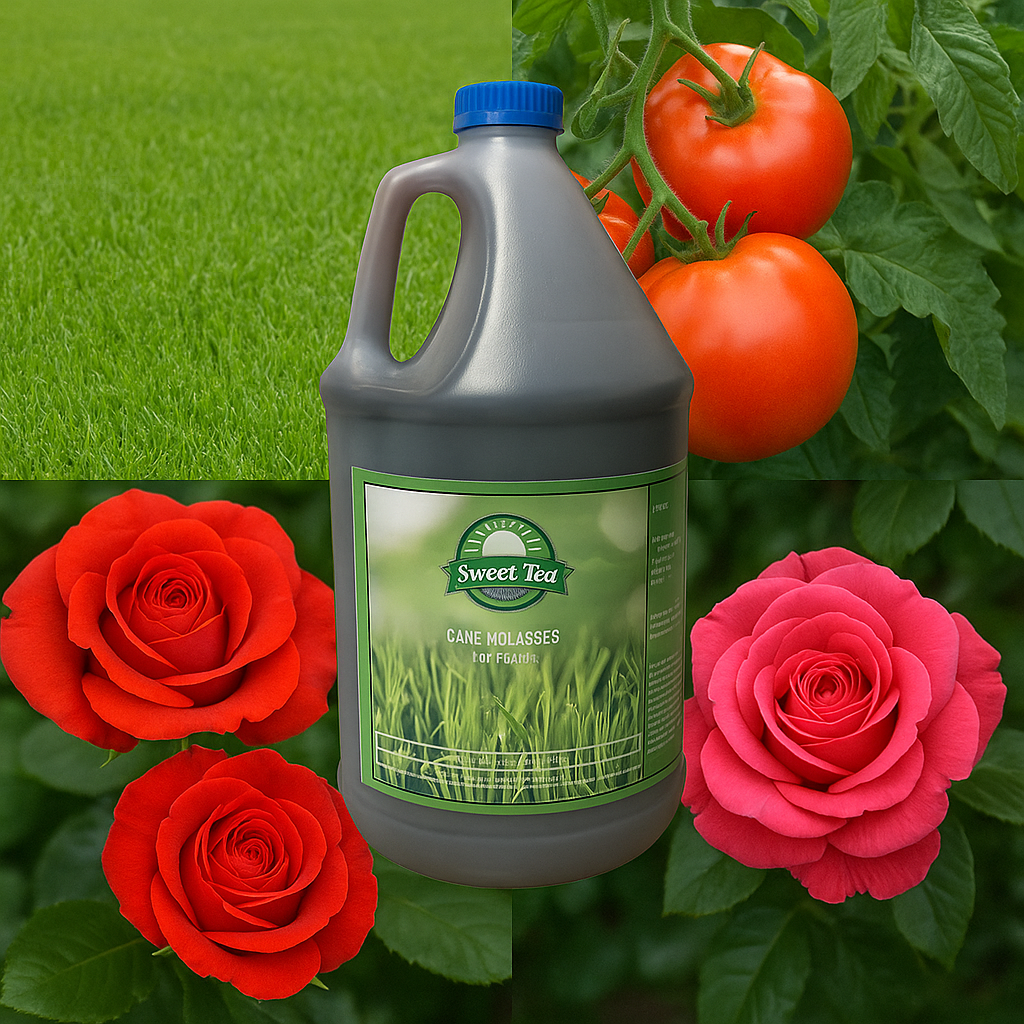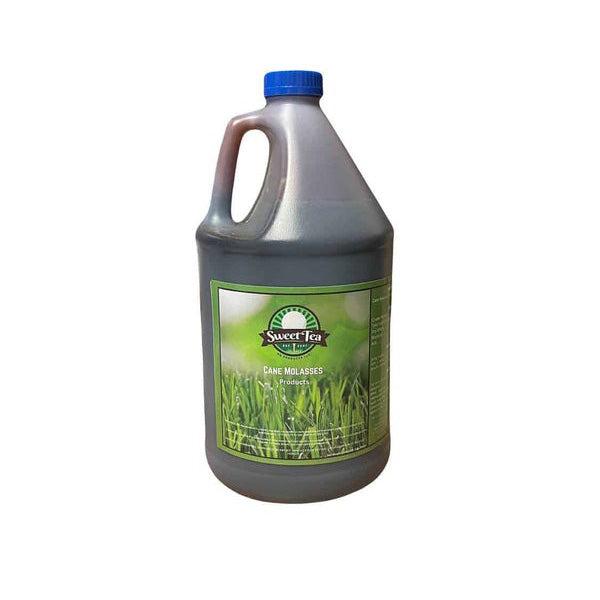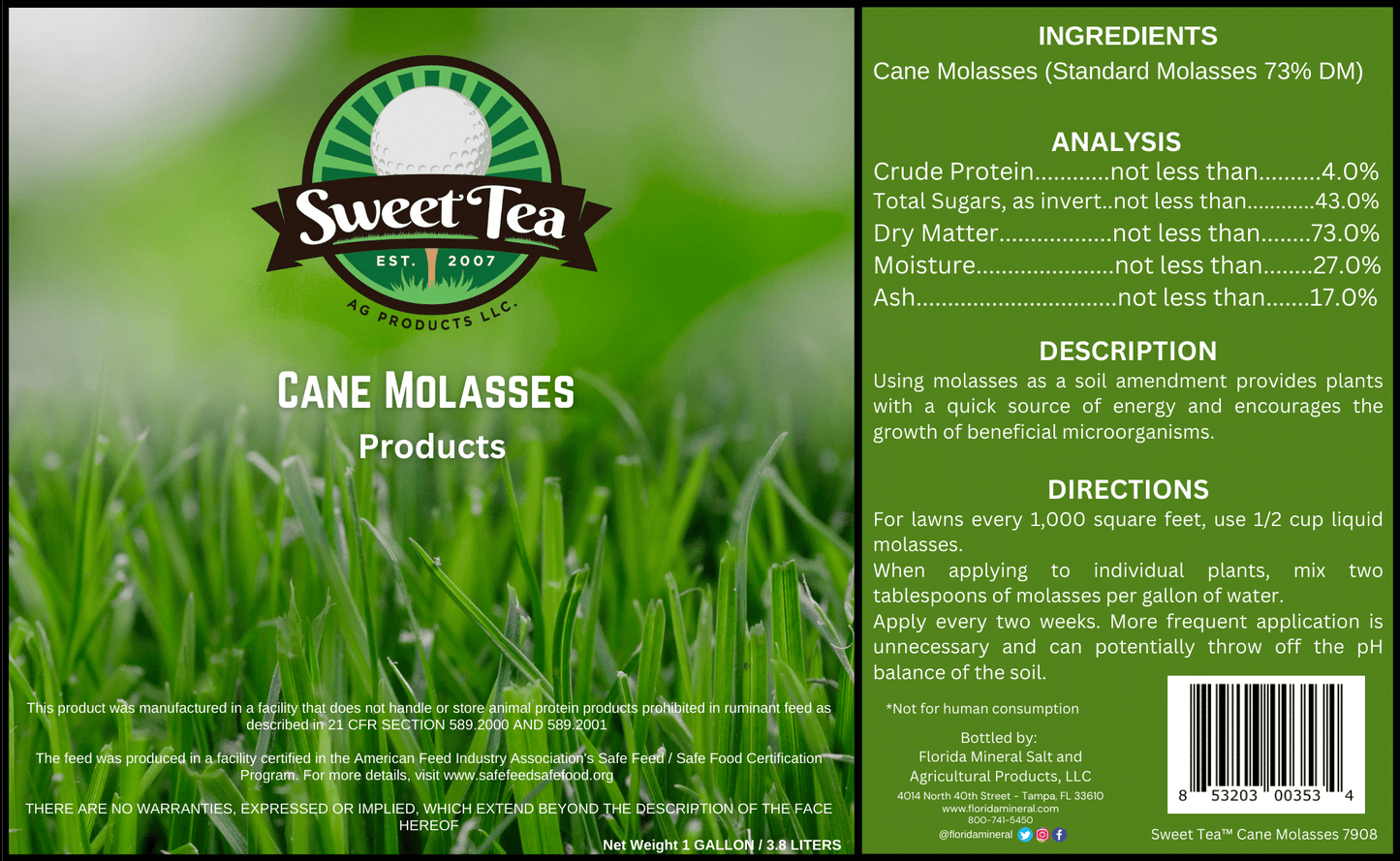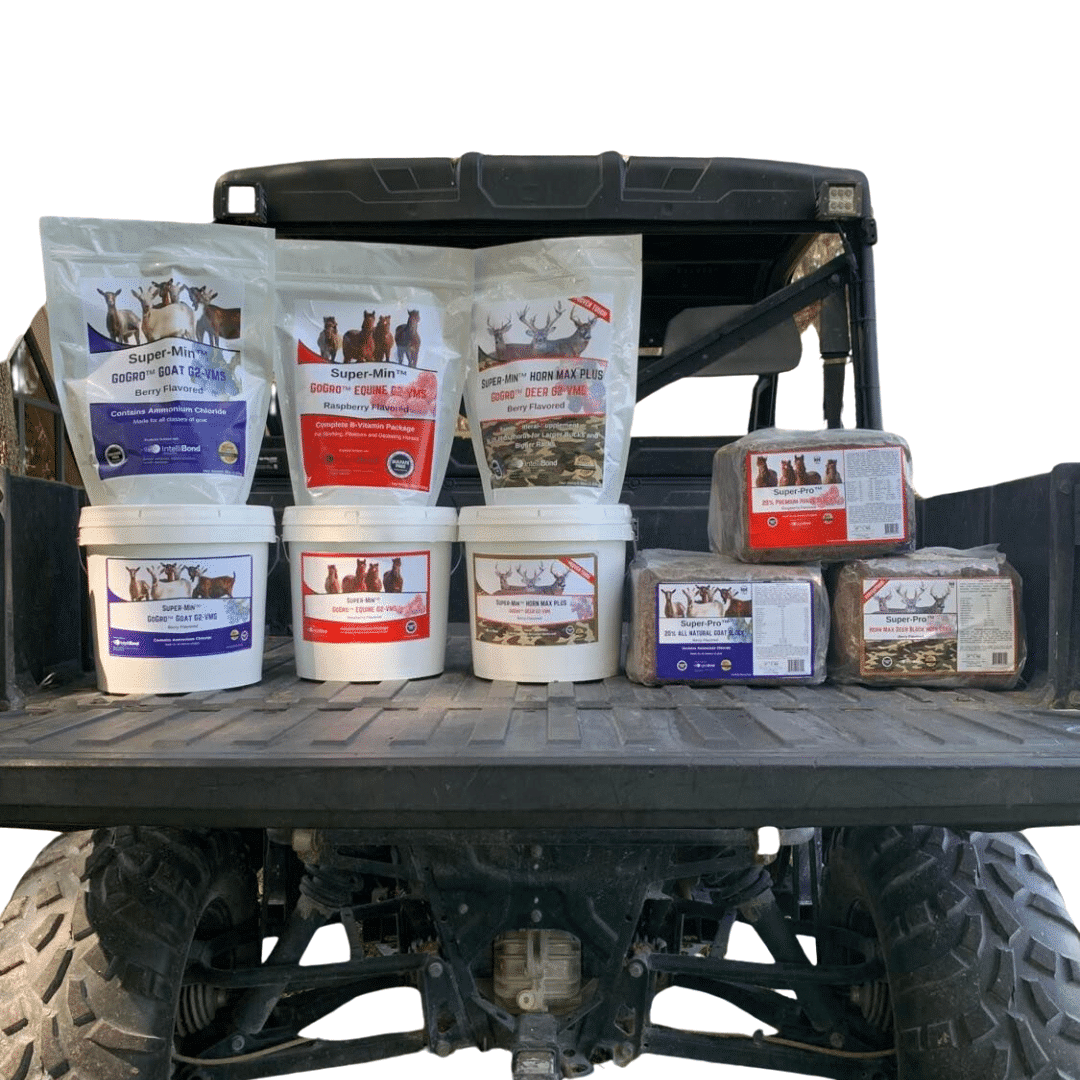


Using molasses as a soil amendment provides plants with a quick source of energy and encourages the growth of beneficial microorganisms. Adding molasses to soil has been shown to improve the bacterial health of the soil, thus allowing the plants to be more receptive to fertilizer and, in general, to be healthier.
Molasses can be used as a soil amendment in agriculture and gardening due to its various beneficial properties.
- Organic Matter: Molasses is an organic substance that can contribute to the organic matter content of the soil. When added to the soil, it serves as a food source for beneficial soil microorganisms such as bacteria and fungi. These microorganisms break down the molasses, releasing nutrients and improving soil structure.
- Microbial Activity: Molasses is rich in sugars, which act as a food source for soil microbes. When applied to the soil, molasses stimulates microbial growth and activity. This increased microbial population helps in nutrient cycling, decomposition of organic matter, and improvement of soil structure.
- Soil Structure: Molasses can help improve soil structure by promoting the formation and stability of soil aggregates. Soil aggregates are clusters of soil particles that create pore spaces, allowing for better water infiltration, root penetration, and air circulation.
- Biological Control: Some studies suggest that molasses can enhance the growth of beneficial microorganisms that can suppress certain soil-borne diseases or pests. The presence of beneficial microbes can help in maintaining a balanced soil ecosystem and may contribute to natural disease and pest control.
When using molasses as a soil amendment, it's important to apply it in moderation and consider the specific needs of your soil and plants.
Comes in a re-sealable 1-gallon jug
Pure premium molasses
Ready-to-use formula pours easily
Use lawn can for dilution and spraying
Our Brands Learn More
Best In Class Minerals Learn More




